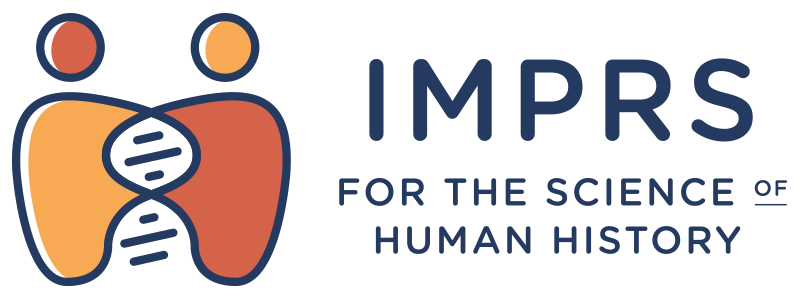We are happy to announce the successful public defences of:
All successful candidates receive a Hittite cuneiform clay tablet – you see it when clicking on the name.
Some doctoral researchers prefer an Old Persian cuneiform tablet.
Maxime Borry: „Expanding the ancient DNA bioinformatics toolbox, and its applications to archeological
microbiomes“, 1 August 2023
Joscha Gretzinger: “Paleogenomic insights into the population structure and organization of norhtwestern
Europe during the “long Iron Age”, 13 July 2023
Carli Peters: “An investigation into the potential of peptide mass fingerprinting for the study of Australian faunal assemblages”, 17 May 2023
Ron Matthias Hübler: “Method Development for Screening Archeological Samples for Ancient Pathogens”, 23 February 2023
Mei-Shin Wu-Urbanek: “A Computer-Assisted Approach to the Comparison of Mainland Southeast Asian Languages”, 13 February 2023
Jose Rodrigo Barquera Lozano: “The human host-pathogen interaction in the light of ancient genomics revolution”, 27 January 2023
James Alexander Fellows Yates: “Evolution of the Human Oral Microbiome and Resource Development for Ancient Metagenomics”, 15 June 2022
Ashley Nicole Scott: “Investigation of ancient proteins in archaeological material”, 11 May 2022
Zandra Fagernäs: “Advances in the study of ancient biomolecules in archaeological dental calculus”, 15 March 2022
Luka Papac: “Tracking population history, social structure and intergroup exchange in Neolithic to Bronze Age Europe using ancient human and virus genomes”, 24 February 2022
Aida Andrades Valtueña: “Beyond phylogenies: advancing analytical approaches for the field of ancient pathogenomics”, 8 July 2021
Kathrin Nägele: “An ancient genomic perspective on the human dispersals to tropical islands – implications for the settlement history of the ancient Caribbean and the Pacific”, 9 June 2021
Marieke van de Loosdrecht: “Archaeogenetic perspectives on the hunter-gatherers and prehistoric farmers of the Mediterranean”, 8 March 2021
Samantha Brown: “Identifying Palaeolithic hominin remains in Northern Asia using ZooMS”, 26 February 2021
Thiseas Christos Lamnidis: “Exploring the effects of migration and admixture on human populations through, time, using ancient DNA”, 21 January 2021
Ke Wang: “Investigating human population structure through time with novel computational methods and ancient DNA data“, 14 January 2021
Barbara Pavlek: “The Cultural Evolution of Coinage as an Informational System“, 11 January 2021
Thomas Müller: “The Emergence and Organization of Communicative Signals Through Interaction“ , 7 January 2021
Maddy Bleasdale: “Archaeological, proteomic and isotopic approaches to investigating dietary change in Holocene Africa”, 6 October 2020
Alexander Immel: “Applications of DNA capture in ancient DNA research”, 30 September 2020
Oshan Wedage: “New Investigation into the Late Pleistocene and Early Holocene Rainforest Prehistory of Sri Lanka”, 26 August 2020
Marcel Keller: “Yersinia pestis genomes of the first and second plague pandemic recovered from ancient DNA”, 3 July 2020
Shevan Wilkin: “An investigation into diet and economy in ancient Mongolia through multiple bimolecular datasets”, 30 June 2020
Michal Feldman: “Tracing past human mobility and disease in western Eurasia by the genetic analysis of ancient human remains”, 27 January 2020
Susanna Sabin: “Insights into microbial evolution and ecology from genetic analysis of diverse archaeological materials”, 1 November 2019


